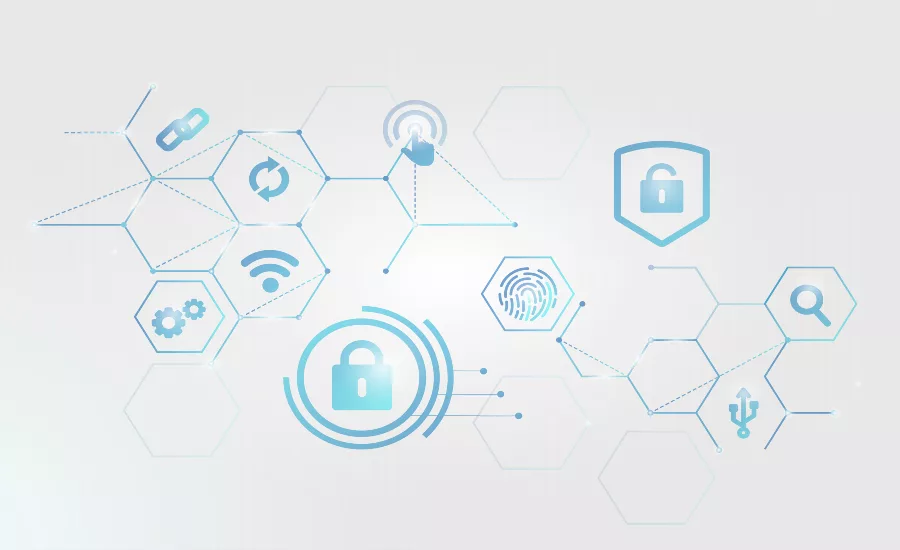Is the World Economic Forum's prediction of a global cybersecurity failure in the next 10 years avoidable?

What began just a few years ago as an organic, gradual, and sometimes cautious migration of communications, operations, and data to the virtual world of online storage and operations, has accelerated exponentially, due to the worldwide pandemic. Even those corporations, which took decidedly measured or even reluctant approaches to the early migrational patterns, were forced to forgo any misgivings or operational realities in their blind leap to accommodate the new realities imposed by COVID.
The seemingly overnight transformation from office-based activity to remote work across the globe, now screams for the adoption of robust cybersecurity protocols, and is more critical and time-sensitive than ever before.
This unprecedented paradigm shift was inevitable in mitigating the spread of the physical virus, but in doing so, has left many corporations vulnerable to viruses of an electronic nature, such as malware and ransomware. The World Economic Forum's Global Risk Report for 2021 placed cybersecurity failure among the greatest threats facing humanity within the next ten years. Clearly, in this climate, and since many jumped into the world of cyber operations without adequate preparation, cybersecurity is now a critical priority.
Cybersecurity attacks are increasing in frequency and sophistication, with businesses attacked by ransomware every 11 seconds. The consequences of a cyberattack can be devastating. Many small-to-medium-sized businesses do not have the resources to recover from a data breach or ransomware attack, with a sobering 60% going out of business within six months. An attack on a hospital can be particularly calamitous, even leading to death. Regardless of the type of enterprise, enduring a cyberattack is prohibitively expensive. An alarming $6 trillion in damages is predicted for 2021. That amount represents the largest transfer of economic wealth in history—more profitable than the trade of all major illegal drugs combined, and would make cyberattacks the third largest economy, after the U.S. and China, if it were grouped as a country.
The situation is not forecasted to improve, unless deliberate and sustained action is taken - swiftly and broadly. Cybercrime costs are expected to reach a staggering $10.5 trillion per year by 2025 - just around the corner! According to AT&T's cybersecurity insights guide for CEOs, "50% of organizations haven’t updated their security strategy in 3+ years." Their lack of action will be costly, especially as cyber criminals continue to iterate new strategies to keep up with evolving security innovations. The AT&T guide for CEOs recommends that enterprises identify and assess risk areas across applications, devices and people, perform threat analyses to automate responses to abnormal activity, adapt systems that allow for issues to be resolved remotely, and create action plans so that all relevant parties are empowered to respond effectively when facing a breach.
Though all of these strategies are essential for cyberattack preparedness, there is a greater issue at play, which renders most cloud systems vulnerable: single points of failure. As long as data is stored on centralized databases, all a hacker needs to do is break through the security measures. Even with the implementation of some of the more familiar protections—two-factor authentication, anti-virus software, API security, threat-detection software, etc.—data stored on central databases is vulnerable to breach.
Organizations must also consider the architecture and storage needs when beginning to build solutions to leverage containers for greater flexibility and agility. Business teams must engage their storage counterparts early in the planning phases, and storage teams ought to keep abreast of the business side of things so that they may effectively chart appropriate courses with adequate storage capacity as transformation occurs. While businesses have yet to return to pre-COVID capacity, and indeed may never fully do so, criminal elements are still hard at work. It is not enough to provide enough storage space; it is crucial to secure it.
Looking for a reprint of this article?
From high-res PDFs to custom plaques, order your copy today!





